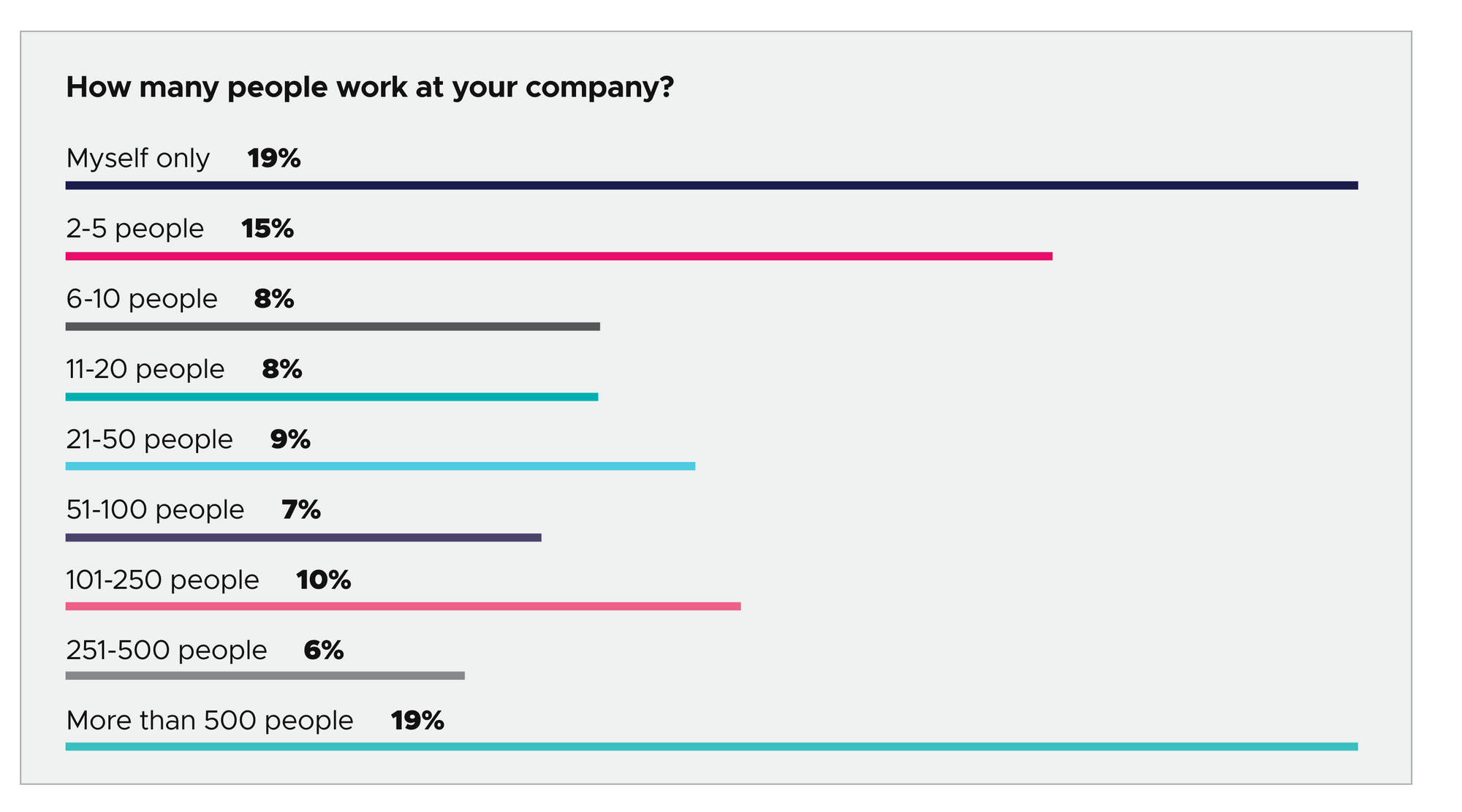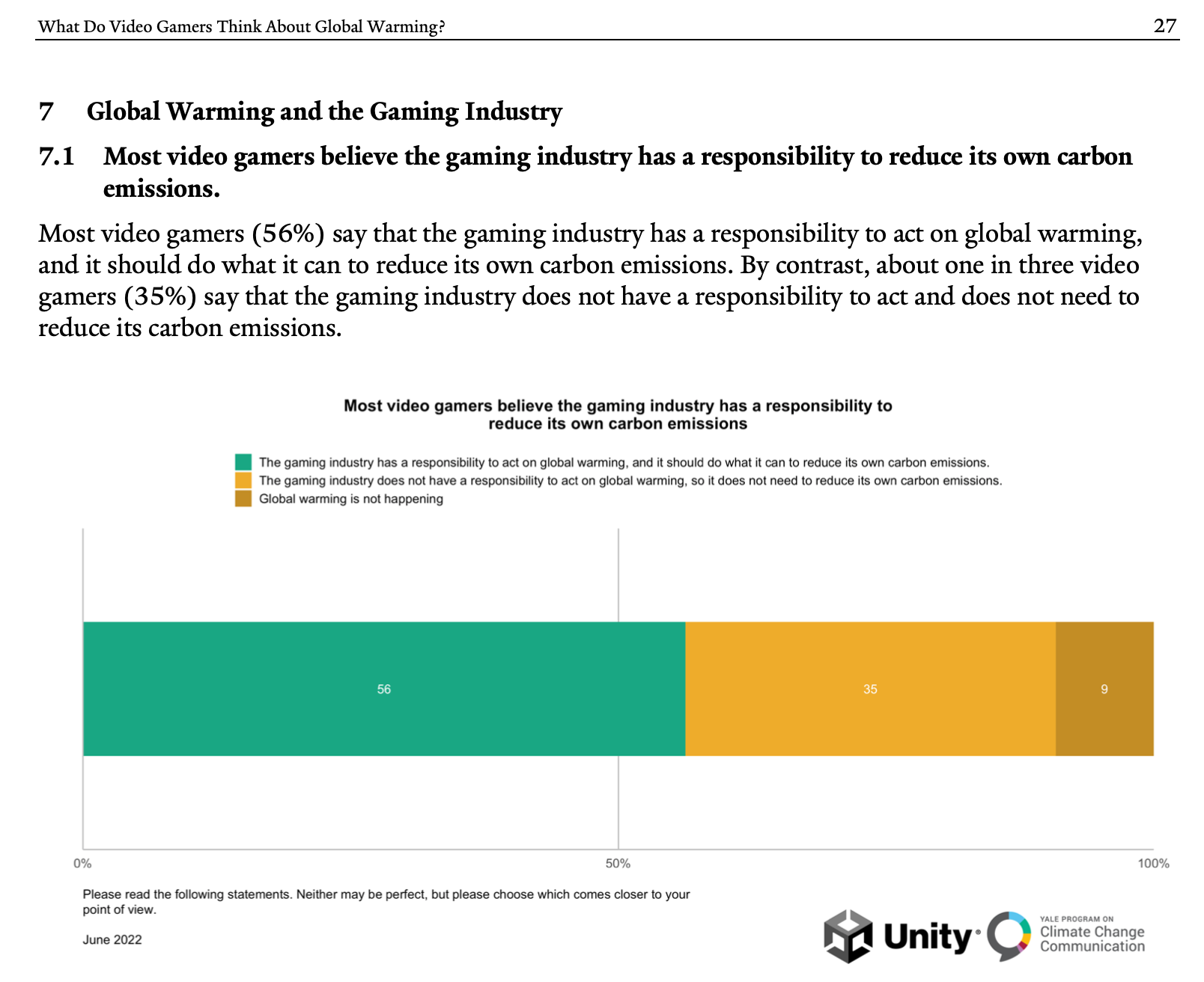AfterClimate is a new way to green the games industry

A big part of what I’ve been concerned with here over the past couple of months (and in my book before that) has been the big picture challenges facing the whole of the games industry – from the energy demand baked into next-gen consoles, to the need for faster electricity sector decarbonization. But I’m also concerned with the sort of challenges facing indie developers or what is sometimes referred to as Double-A game development – basically the game industry beyond the Triple-A space. At the big end of town – the publishers and platform holders – for all that we might wish they were moving faster or had bigger ambitions at times, they are at least moving in the right direction, at their various paces, with net zero targets from Microsoft and Sony and many others (Nintendo, are you planning on coming to the party any time soon?). Publishers like Ubisoft and EA are regularly disclosing their emissions and other environmental impacts, as responsible corporate actors. As I wrote in my book, some of the decarbonisation pioneers in the games industry however are the leaders of smaller teams, like Space Ape games who went net zero all the way back in 2019 (and whose Green Guide is still one of the clearest and most straightforward explanations of the steps they took to achieve decarbonisation).
But what about the growing number of smaller studios and teams in the indie games space? Figures from the GDC State of the Industry report from the past few years show that small teams make up a significant part of the games industry.

In the 2020 survey, exactly half of all GDC attendees worked somewhere with 20 or less people. That kind of studio is going to face a very different set of challenges in decarbonizing than the studios of a huge publisher like EA. Currently they are left to wade through huge amounts of guides, documents, and news articles – some of them extremely thorough, detailed, and comprehensive, like the UKIE Green Games Guide, or rely on less accurate, more general advice which can leave unsanswered questions.
For an example of what I mean, see Nicolas Hunsinger’s thread with a list of (very useful) 10 tips for sustainability in games. But consider just how much work is involved in getting through all that. I suspect those of us who have been working on these issues for some time forget how much accumulated knowledge we have built up over time – and how difficult that can be to sift through for those without the same time or experience. It seems like even more of a problem to me because, while all game devs work hard, those in smaller teams tend to wear more hats, have less to spare for nice-to-have extras. If we are honest, I suspect for most this includes figuring out how to reduce their carbon footprint.
For of all these reasons, I have started a new venture to try and help these sorts of game developers. I’m launching a business to help game developers who want to be carbon neutral, who want to do their part for the planet but who don’t have the time for it themselves.
It’s called AfterClimate – and our website is live now. The main thing – and the place to start for any developer – is with understanding your own emissions, the ones no one else is responsible for. The ground floor, so to speak. With a little bit of basic data from electricity bills and a discussion about the kinds of work you do, and what your workplace is like, we can figure out pretty quickly what your current emissions are like, how they compare to similar developers, and what you can do about them right now. This is the sort of thing that every developer in the world could – and probably should – do on their own if they had time. If I can save them that time and let developers get on with making games, then that’s a win for everyone.
For those with even more ambition, we can do a full inventory of up and downstream emissions (Scope 1, 2 and 3 emissions), and figure out the best ways to account for, reduce and mitigate all of them. We can also help studios during the production phase who want to figure out what they can do during development to reduce future emissions – from players, from data centres, etc.
I’m really excited to do this work, and to help awesome people making awesome games find shortcuts to a climate friendly future. In the next couple of weeks I will be releasing the first report that I’ve been doing with Paper House in Melbourne, which is the prototype and which will give a sense of what the entry level product tells you, and what sorts of insights we can provide.
Just today, we’ve seen the release of a brand new research report from Unity and the Yale Program on Climate Change Communication. The researchers found that a clear majority (56%!) of video gamers believe that “the gaming industry has a responsibility to reduce its own emissions”:

This is a clear sign that players are ready for action. Expectations are shifting in the games industry just as they are in the wider world, bringing challenges and opportunities for those ready to embrace them.
Give the website a bit of a look and see if anything catches your interest. If you could do me one small favour: have a think about who you might know that might be interested in this and forward them this post. If you know a developer, a studio who is thinking about climate action, or an indie dev who maybe isn’t sure how to get started, send them this post or straight to the website. If you’re reading this and you're ready to do something together, incase fill out the contact form and let’s have a chat.
It's time to green the games industry.